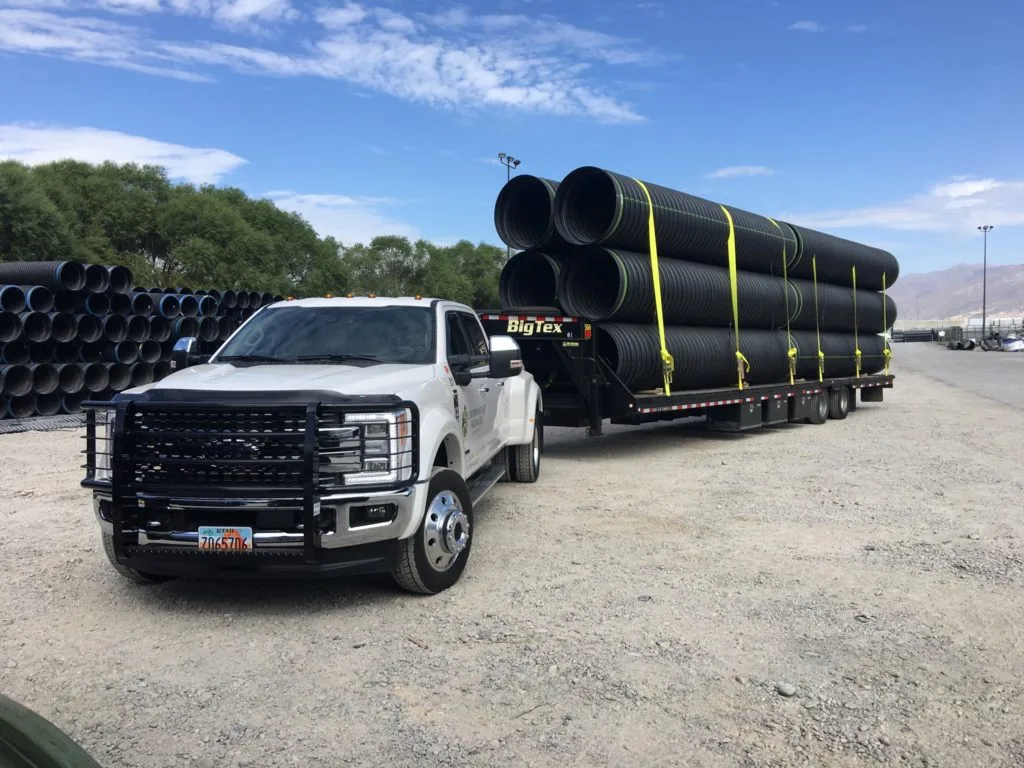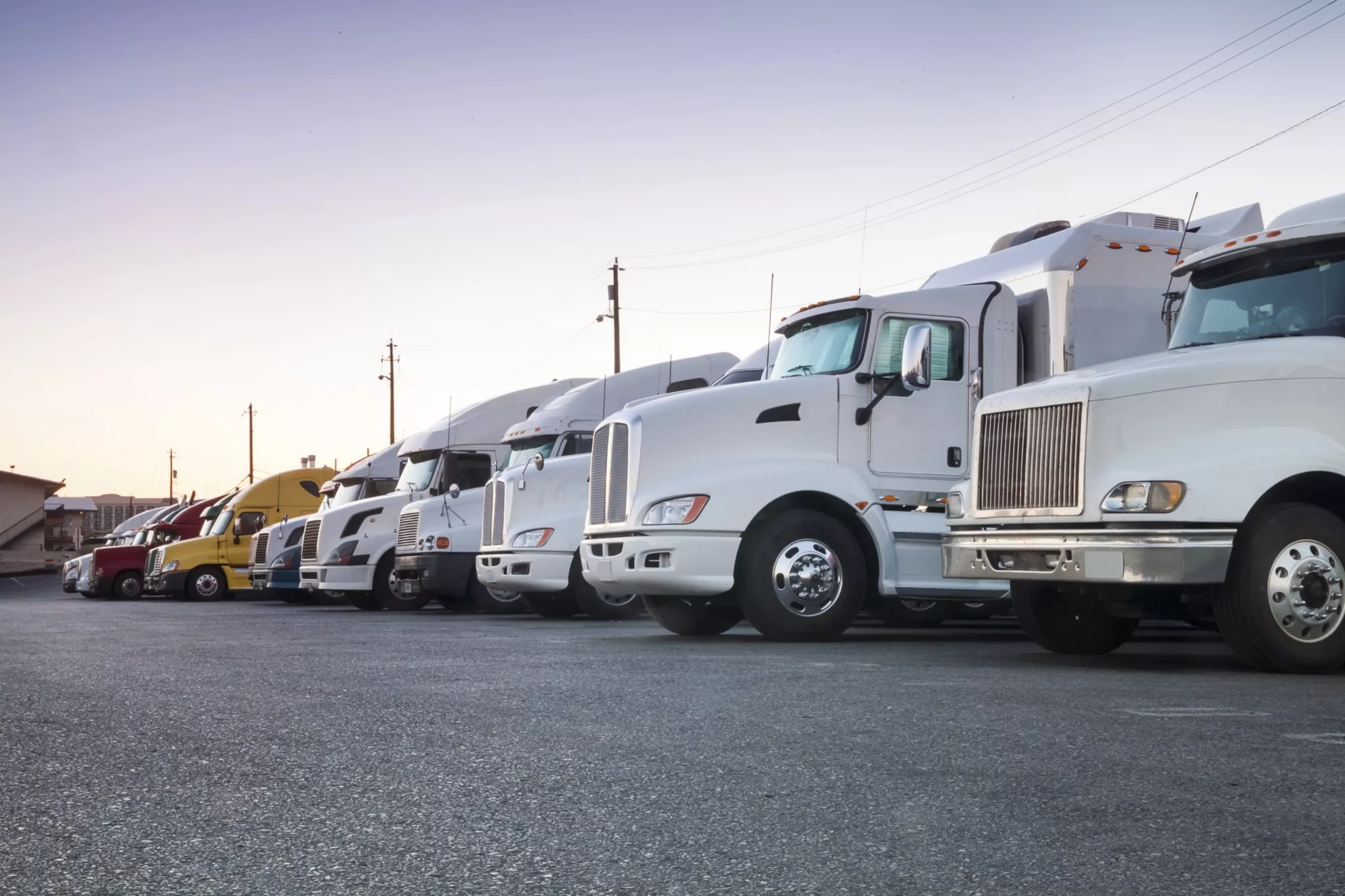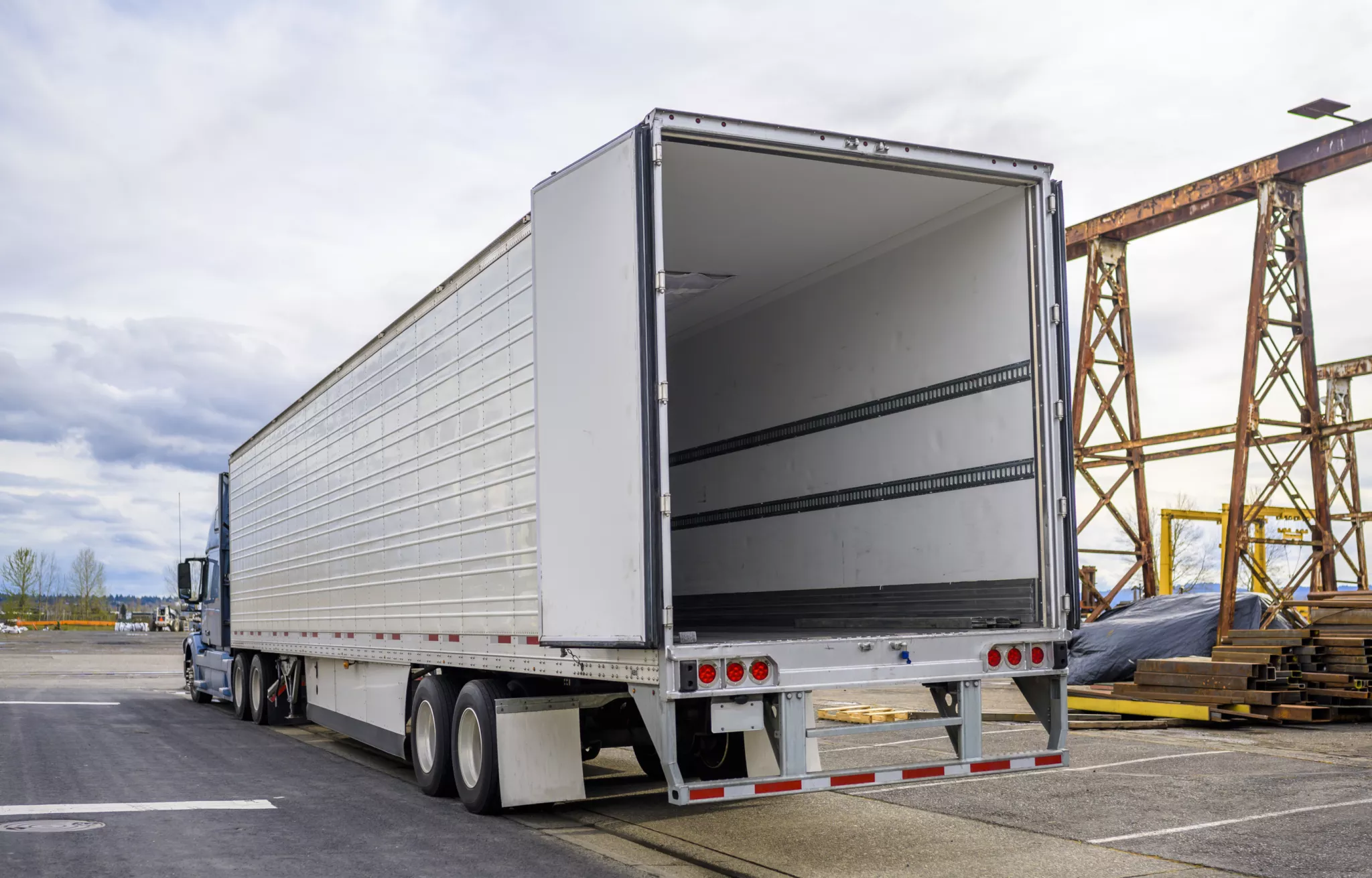Table of Content
Hotshot trucking is a fast-growing and profitable segment of the logistics industry. It offers flexible opportunities for business owners and independent drivers.
However, a successful hotshot business requires careful planning, adherence to industry standards, and effective financial planning. This guide provides the critical aspects of starting and managing a hotshot hauling operation.

What is Hotshot Trucking?
Hotshot hauling is the aspect of the trucking industry that foresees transportation of small loads over short distances. It’s usually used for time-sensitive loads for businesses that require prompt transportation.
Hotshot trucking provides more independence for drivers, allowing them to set their schedules and secure loads according to their preferences. Customers also benefit from the expedited service.
Hotshot hauling foresees smaller trucks and less cargo, making it suitable for those who want to enter the industry without significant investment. Hotshot transportation’s operational costs are also lower than those of a full-sized truck. However, drivers should be reliable and adhere to tight deadlines.
Is Hotshot Trucking for You?
Hotshot trucking offers independence and flexibility for drivers. In particular, this sector allows one to manage the schedule and choose the loads. Hotshot trucking requires a lower initial investment compared to traditional trucking. To start your business, you need only a reliable truck and trailer.
This career choice suits those who prefer shorter routes and varied work. However, it still requires high responsibility and strong time management to ensure timely deliveries and safe transportation.
If you value flexibility, enjoy diverse projects, and are ready for the challenges, hotshot trucking can be a great fit.
Market Demand and Profitability
Hotshot trucking is demanded by sectors that require fast and flexible delivery solutions. Industries like construction, oil and gas, agriculture, and manufacturing often need prompt equipment shipments. Thus, the demand for hotshot hauling remains strong.
The sector’s profitability depends on load availability, route efficiency, and operating costs. As hotshot trucking often provides expedited deliveries, drivers can command higher per-mile rates compared to standard freight. However, fuel, maintenance, and insurance expenses may impact profit if not managed effectively. Hotshot truckers also should be proactive in securing loads to maintain a stable cash flow.
Seasonality may also impact profitability, as demand may vary. In particular, the construction sector may provide more demand in warmer months, while agriculture requires more shipments during harvest seasons.
Financial Preparation
Entering hotshot trucking requires careful financial preparation, as does any other business. The startup cost for hotshot hauling operations is lower compared to full-size trucking. However, it may include significant expenses.
- Initial investment. The first step is to obtain a truck and trailer by purchase or lease. Consider the cargo type you plan to haul. Permits, licenses, and insurance costs should also be included in your budget.
- Operating expenses. Fuel, maintenance, licenses, and insurance costs are the main part of operational expenses. It’s important to set aside a part of your funds to cover unpredictable expenses.
- Financial management. Cash flow management is critical for any company. Clients may delay payments, while fuel or maintenance expenses are immediate. You can use factoring services to obtain immediate cash. Logity Dispatch provides freight factoring services to help you cover operational costs.
- Reserves. Setting aside part of your revenue is essential to cover unexpected repairs, slow periods, or other emergencies.
- Pricing strategy. You need to set rates according to the market and your expenses. A reasonable profit margin helps you remain competitive.
Legal Requirements and Licenses
When starting any business in the trucking sector, you must comply with legal requirements and obtain the necessary licenses and permits. This helps reduce the risk of fines or penalties and ensures undisrupted operations.
- Commercial Driver’s License (CDL). Hotshot trucking may not require a CDL, as this rule is based on the truck weight. CDL is required for vehicles that weigh more than 26,000 lbs.
- Motor Carrier (MC) Number. An MC number is issued by the Federal Motor Carrier Safety Administration (FMCSSAA). It’s obligatory for drivers who plan to transport cargo or passengers across state lines.
- USDOT Number. It’s required for vehicles that are involved in interstate commerce. The number tracks your company’s safety record, regulations compliance, and operational data.
- Insurance. Truckers should invest in proper insurance. Choose options that include liability, cargo, and physical damage.
- Permits. Some states may require additional licenses and registrations. Examples are the International Fuel Tax Agreement (IFTA), which is not obligatory for businesses in Alaska and Hawaii, and Unified Carrier Registration (UCR). Ensure you comply with the state-specific standards.
- Compliance with FMCSA rules. One of its main requirements is the Hour of Service (HOS) rule. These rules prevent driver fatigue and ensure efficient operations. GMCSA also requires maintaining accurate records and regular vehicle inspections.
- Tax ID. You must obtain an Employer Identification Number (EIN) for tax purposes. It will simplify your financial management.
Setting Up Your Business
We develop a guide to help you get started in the hotshot trucking sector:
- Choose a structure of your business. The options are a Limited Liability Company (LLC), corporation, partnership, or sole proprietorship. Each structure has advantages and challenges for liability, taxes, and regulatory standards. Usually, truckers choose an LLC for liability protection and a simpler management model.
- Register your business with the appropriate state authorities once you select a structure. It involves necessary paperwork and paying a registration fee. You should also obtain an EIN to hire employees and pay taxes.
- Open a business bank account. It will simplify tracking your expenses and income. Separate personal and business accounts also facilitate financial management.
- Secure financing to cover unexpected costs. You can take a business loan, credit, or lease. Compare interest rates, repayment terms, and the overall costs to choose the most profitable options for you.
- Obtain necessary licenses. You should have all the required licenses and permits to ensure legal operations. It includes a CDL, USDOT and MC numbers, and state-specific permits.
- Ensure your insurance coverage to protect your business. Find the best liability, cargo, and physical damage rates and coverage.
- Establish strong relationships with brokers, shippers, and local businesses. Joining load boards and networking with the sector professionals can help secure more consistent work and provide valuable advice.
- As your business grows, consider expanding your fleet by hiring additional personnel or diversifying the types of loads.
Building and Managing Your Fleet
Building and managing your fleet requires careful planning and thoughtful decision-making. A well-maintained and efficient fleet is essential for safe and reliable shipments.
- Vehicle selection. Choose vehicles according to the cargo types you plan to haul. Focus on reliability, fuel efficiency, and maintenance ease to minimize downtime and costs.
- Fleet financing. You can finance your fleet using loans or leases. Leasing options offer more flexibility while purchasing can be more effective long-term.
- Maintenance. Conduct regular checkups of your vehicles. Partner with reliable mechanics or establish an in-house team for repairs.
- Software leverage. Use fleet management technologies such as GPS tracking and maintenance reminders. It can optimize routes, reduce fuel costs, and improve efficiency.
- Managing drivers. Hire experienced specialists who have the necessary skills and licenses. Provide them with comprehensive training on safety, vehicle operation, and regulations.
- Cost management. Track your fuel, maintenance, insurance, workforce, and license expenses. Define ways to reduce cost, such as fuel-efficient driving and route optimization.
- Regulations compliance. Ensure compliance with the industry standards. Regular audits can prevent fines and disruptions of operations.
Finding Loads and Clients
Searching for loads and securing orders are essential for a stable income. You can use load boards or establish strong relationships with local businesses. Logity Dispatch can help you in finding loads, providing you with the most suitable options.
- Use load boards. Monitor load boards like DAT and Truckstop.com. Such platforms can help you find suitable options. Load matching apps like Truxx.ai and Convoy help book loads, optimizing your time and increasing efficiency.
- Connect with brokers. Partnering with freight brokers simplifies connection with consistent and well-paying loads.
- Connect with shippers. Establish relationships with shippers through networking and outreach, which can lead to long-term contracts. You may also explore niche markets with higher demand, such as specialized equipment or time-sensitive deliveries.
- Ensure your online presence. Create a professional website and maintain active social media. Provide your services and positive feedback.
- Join industry networks. Participate in industry associations to access exclusive loads and valuable connections.
Operational Considerations
Efficient management is essential in running a successful hotshot trucking business. To maintain competitiveness, you should ensure your business efficiency and compliance.
Plan routes carefully to reduce fuel costs and provide faster deliveries. You can use GPS and optimization tools for that. In addition, time management and adherence to HOS rules are crucial to avoid penalties.
Another important aspect of reducing unexpected expenses is fuel efficiency and regular truck servicing. Efficient route planning will minimize fuel consumption, while maintenance activities will reduce truck downtime.
Proper cargo management ensures proper handling of the goods to prevent damage and accidents.
Compliance with FMCSA regulations and transparent customer communication are also essential for smooth operations. It includes licenses, permits, insurance, and vehicle inspections.
Financial Management
Effective financial management ensures the sustainability and growth of operations. You should monitor income and expenses to help understand cash flow and identify improvement opportunities. Use accounting software to track invoices, payments, and operating costs.
In addition, reserve funds can help cover emergency expenses. It can be costs for fuel, maintenance, insurance, or repairs. This can prevent disruptions in your operation, providing a fast response to any issue.
Safety and Compliance
Safety and compliance with regulations are cornerstones of the logistics. Hotshot trucking also requires this. Adhering to FMCSA regulations, including HOS rules, licenses, and permits, is essential. Regularly inspect your vehicle to ensure trucks are efficient and compliant with safety rules.
The other critical requirement is driver safety. You should assign training on safe driving practices, cargo securing, and emergency procedures to reduce risks. If you operate a fleet, conducting such training for your drivers is important.
Maintain accurate records of all compliance activities to be prepared for audits. It also will help to avoid penalties.
Conclusion
Hotshot trucking offers various opportunities for drivers. It provides more flexibility in choosing loads and setting the schedule. However, it may also present challenges. You should understand market demand and carefully manage your operation to ensure profitability and sustainability.
Effective financial management, focus on safety, and compliance with regulations are also essential for long-term success.
Logity Dispatch is ready to help you in this way. We provide a steady stream of opportunities and growth for your trucking business. Contact us today to ease your trucking!







